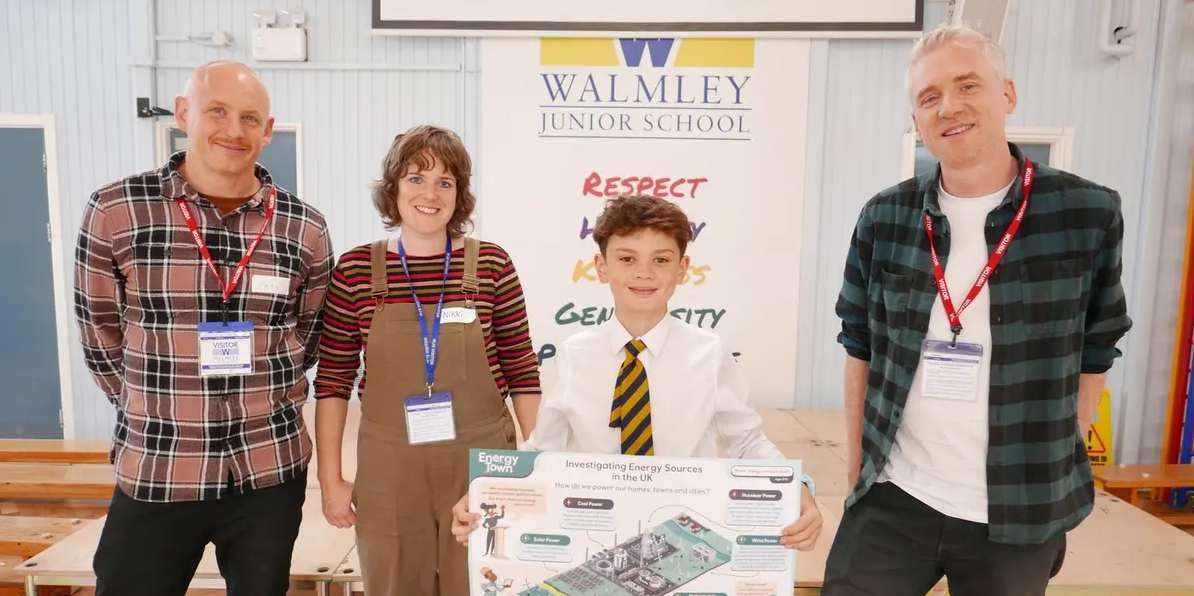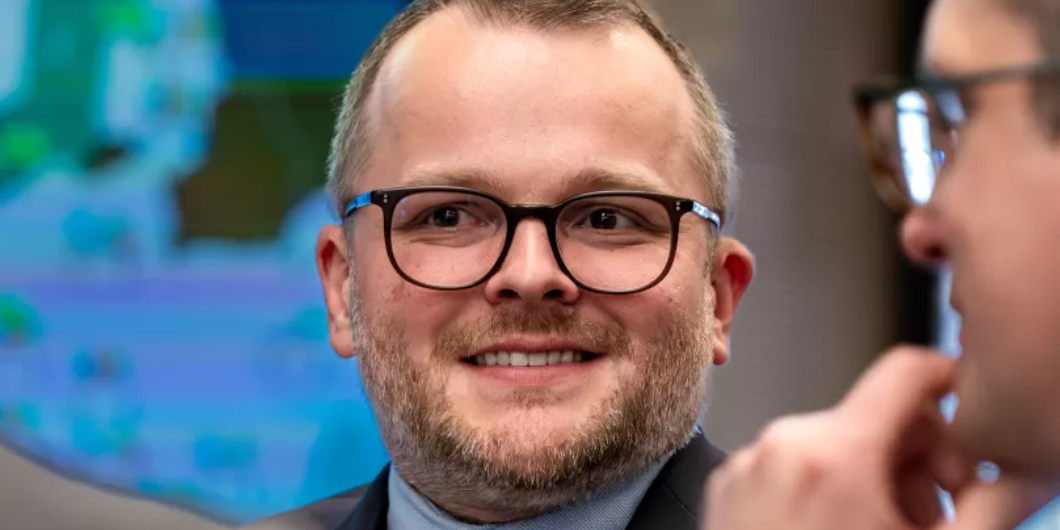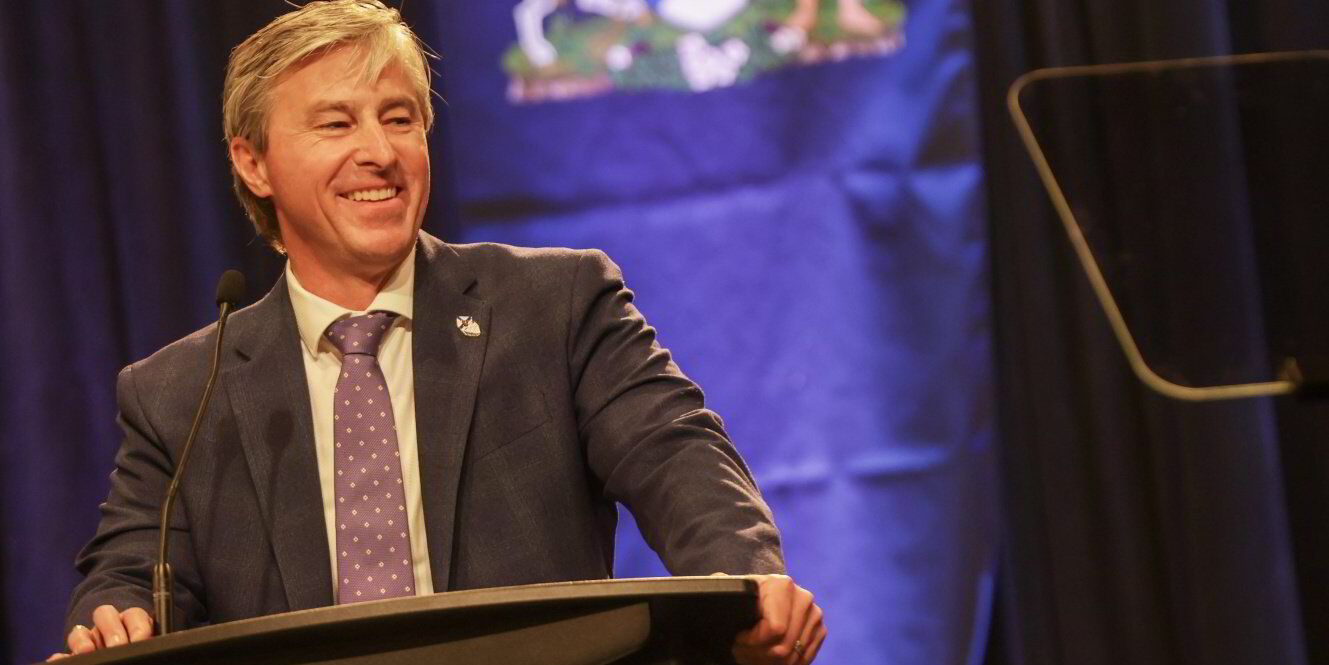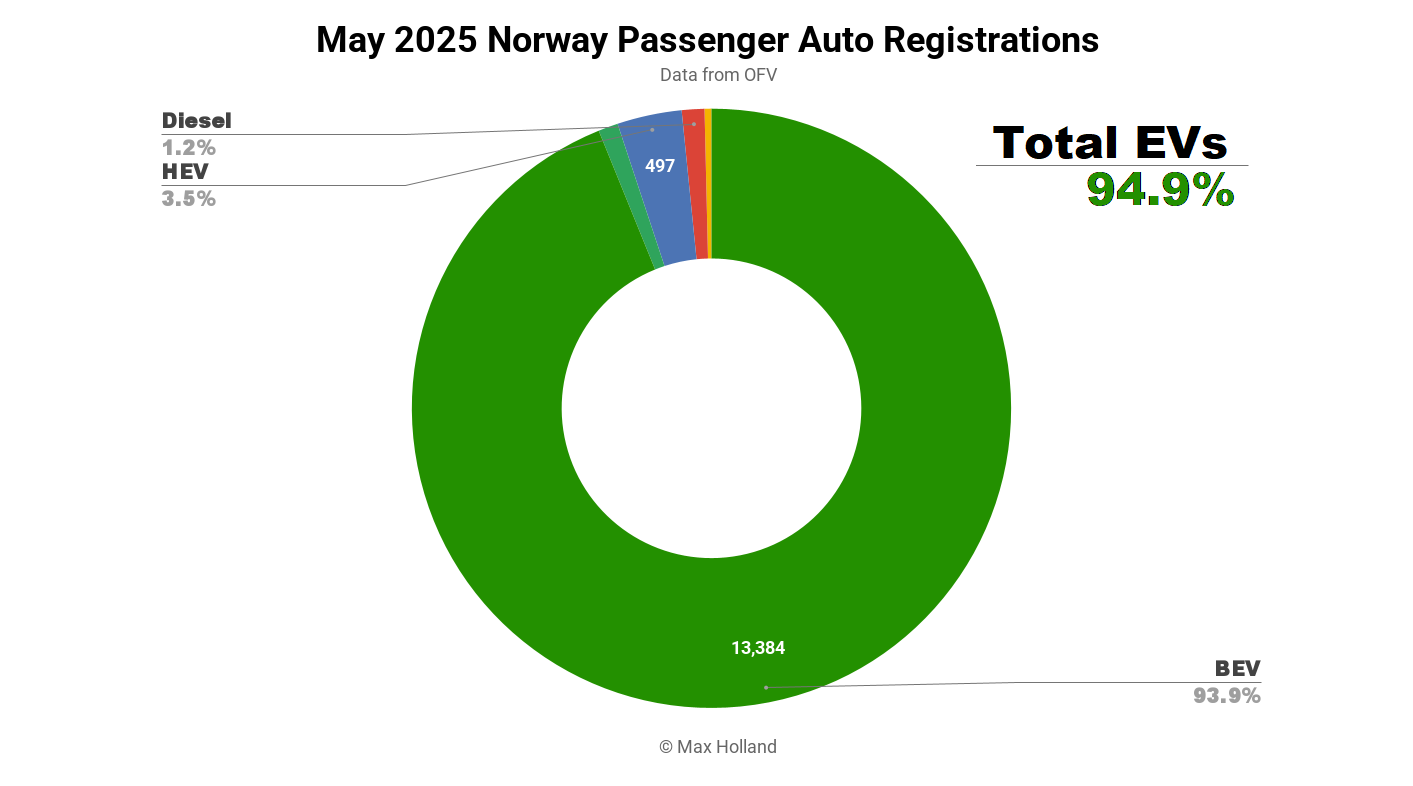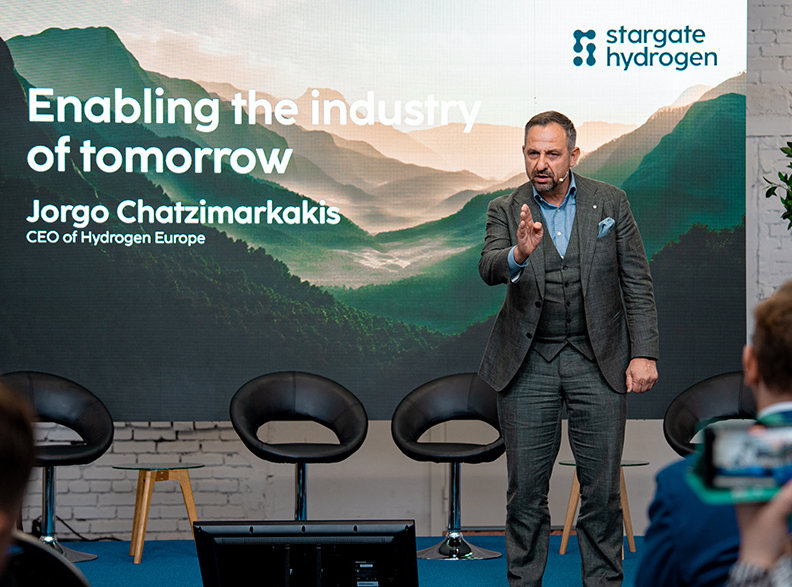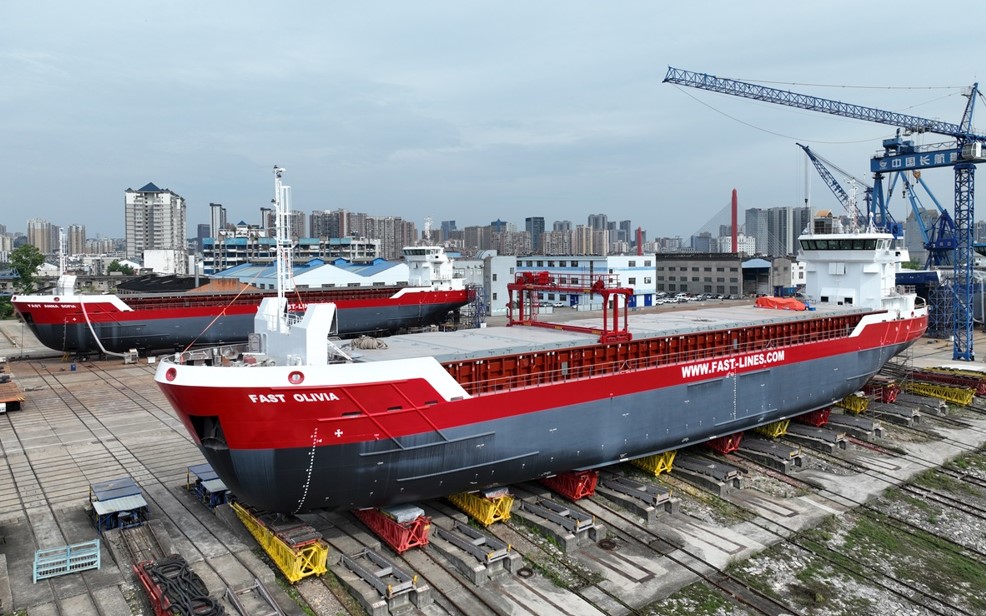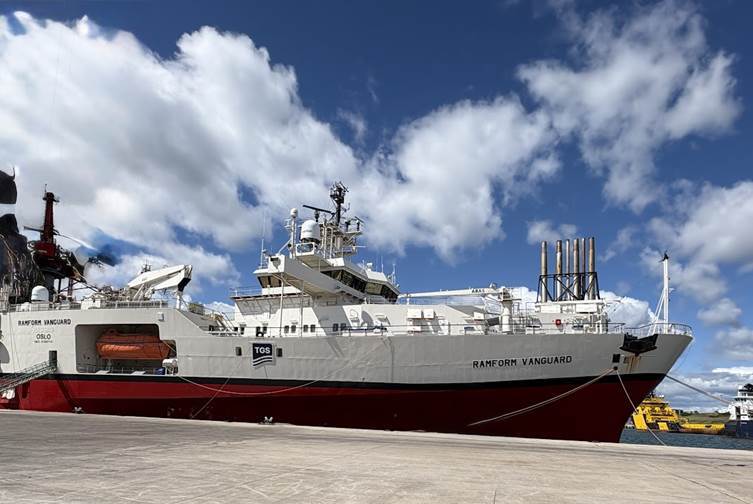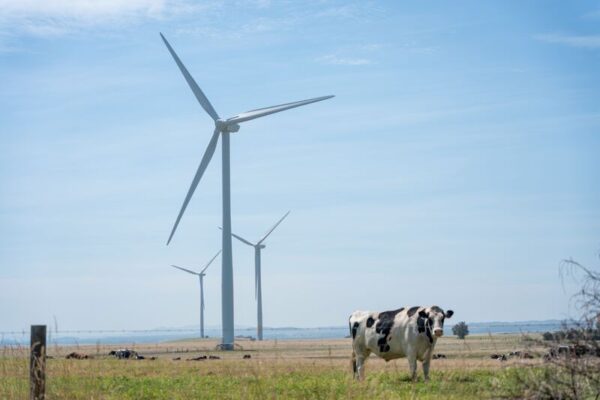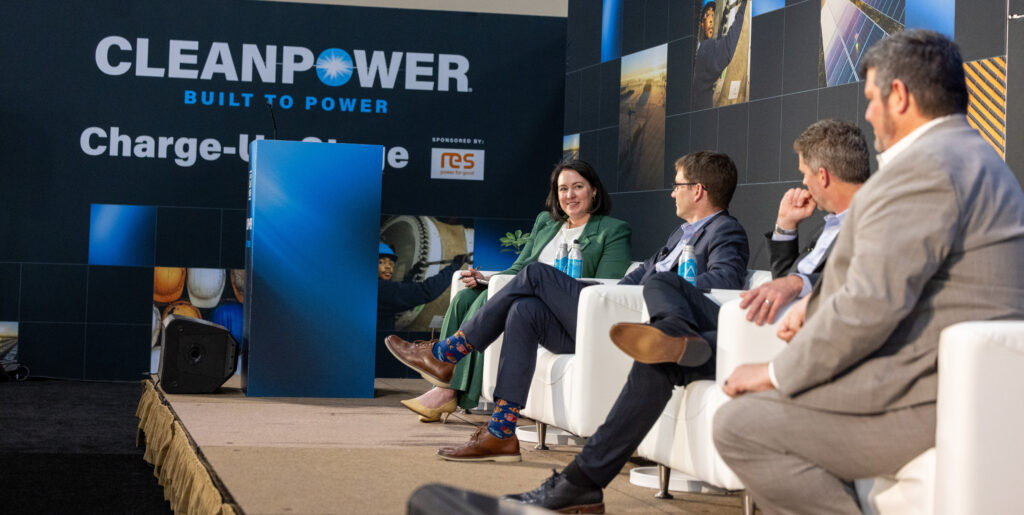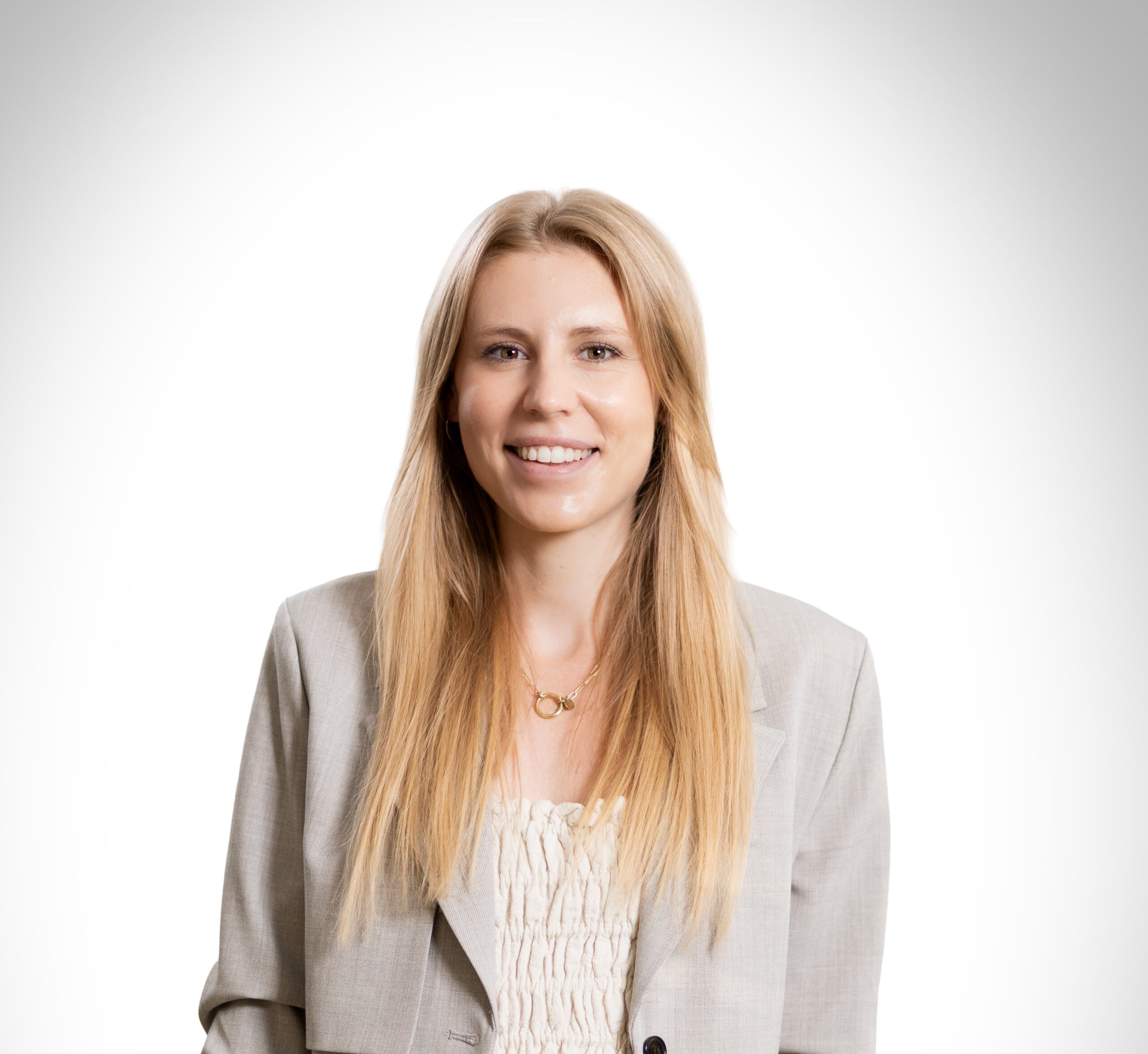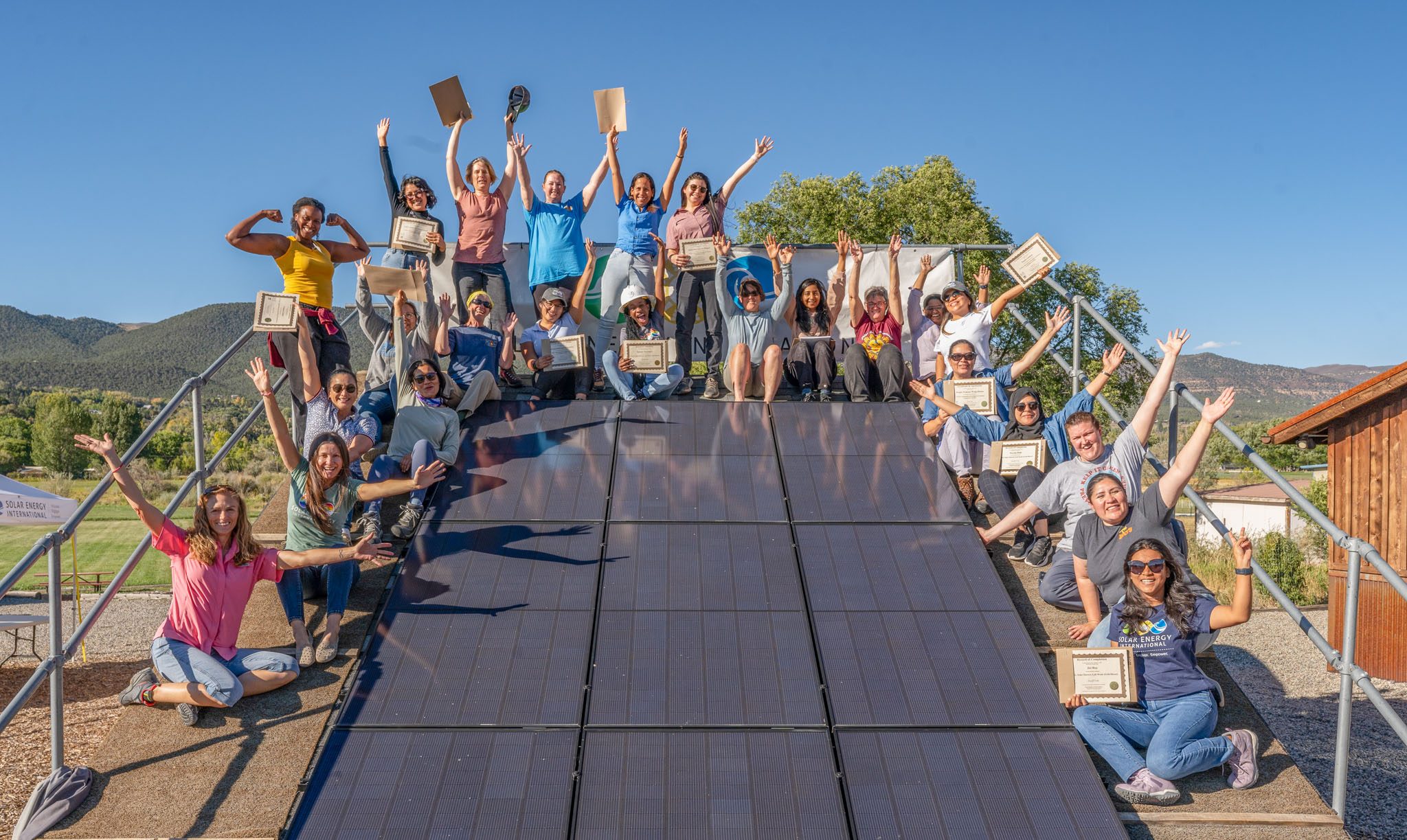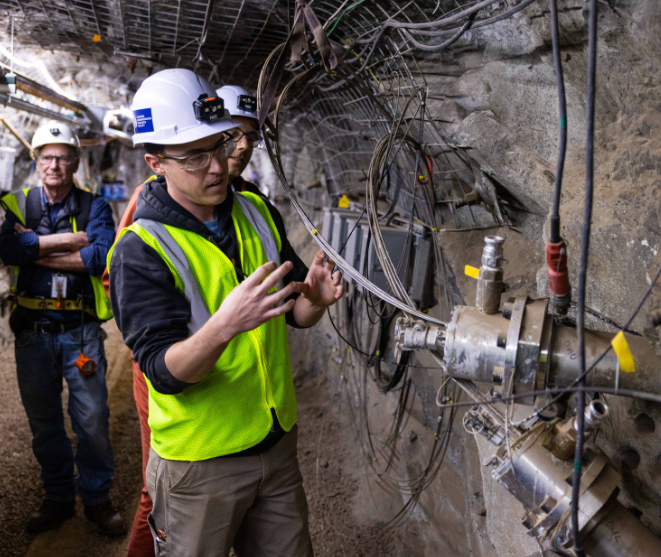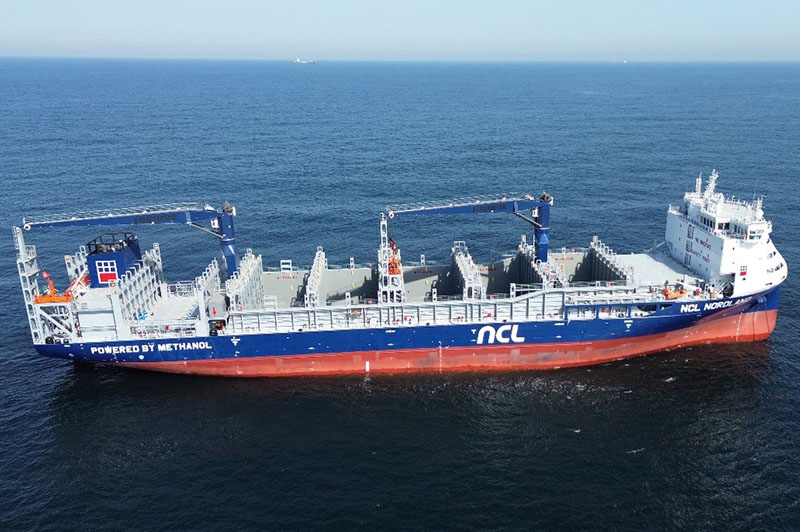What’s next for the exec who convinced H&M and Gap to rethink textile sourcing
Tricia Carey, who championed recycling at Renewcell, is building on that experience to sell farmers and brands on climate-resilient cotton at startup Avalo The post What’s next for the exec who convinced H&M and Gap to rethink textile sourcing appeared first on Trellis.
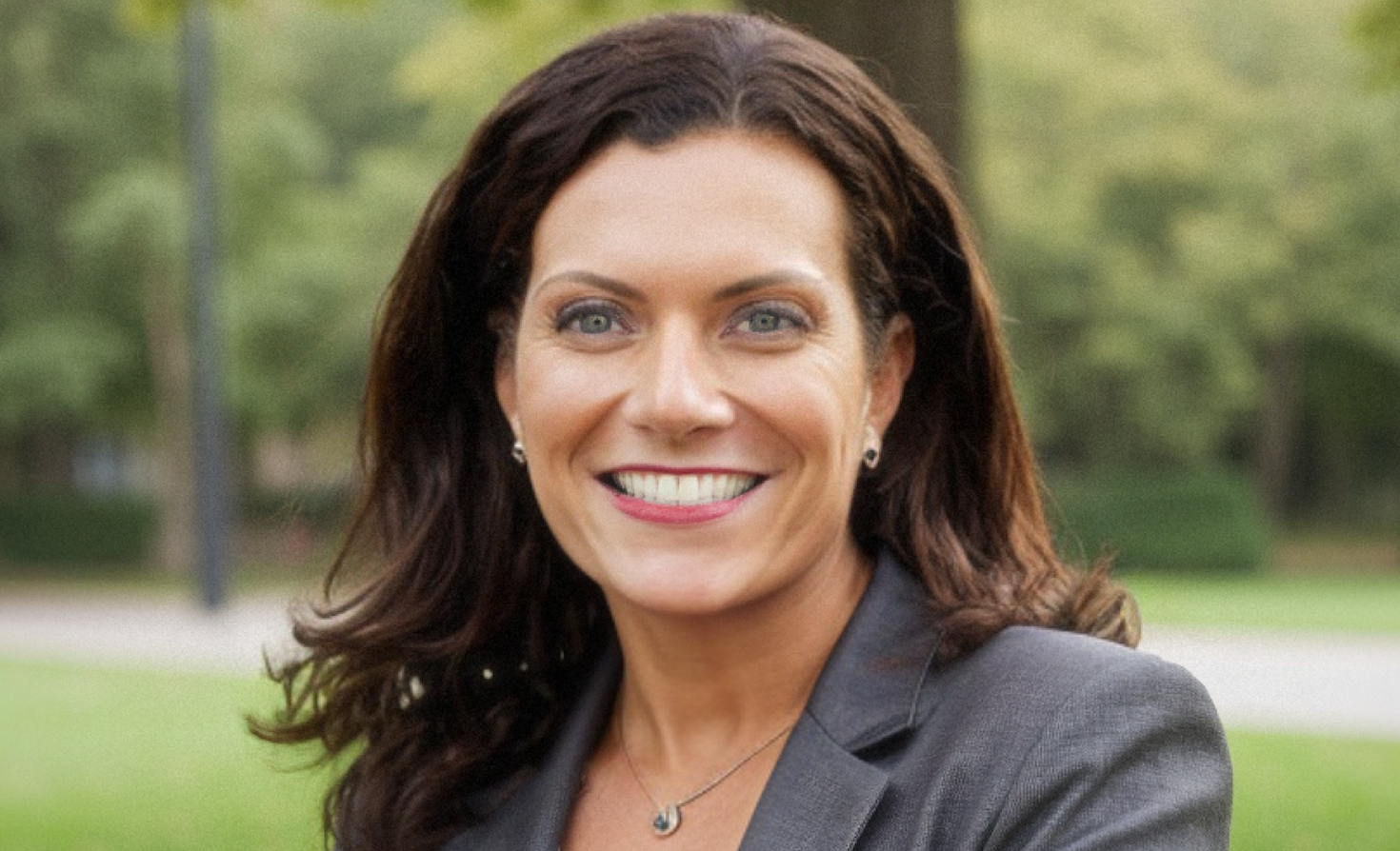
Tricia Carey, the former chief commercial officer for circular fabric innovator Renewcell, could have played it safe when she found herself out of a job in July 2024. With a professional network spanning companies such as Gap, H&M and Under Armor, she might have easily landed a new gig at a well-established fashion brand.
Instead, less than a year after Renewcell’s bankruptcy, she’s taking a risk with another early-stage startup, Avalo, which uses artificial intelligence to breed climate-resilient crops. She’ll be the evangelist: meeting with farmers, mills, spinners and brands to sell them on the approach.
“I’m a relationship builder,” she said on the latest episode of the Climate Pioneers interview series. “I love innovation, and I actually really like starting with things from scratch. You can build versus remodel, which you often have to do in a large global enterprise.”
The 6-year-old company has raised almost $15 million, including $11 million in March, to cultivate seed strains that use less water and fertilizer than conventional plants. Carey was hired to expand Avalo’s focus beyond sugarcane, rice and other commodities into cotton, fashion’s second most used fabric. It drinks 3 percent of the water used for agricultural purposes and is responsible for 10 percent of worldwide pesticide use.
“The industry is going through an incredible transition right now, and it’s never been a more exciting time to be a part of the textile and apparel industry,” she said. “We’ve got policy coming at us. We have now a lot happening within the tariff world. We’ve got the technology coming in. We have disruption from new entrants into the market, and so it really gives us a chance to rebuild and to do it the right way.”
Cotton was also at the center of Carey’s job at Renewcell, which sought to replace the use of virgin cotton with an alternative called Circulose made out of recycled cotton scraps. As chief commercial officer, Carey signed H&M and the parent companies for Tommy Hilfiger and Zara as clients. But longstanding supply chain practices and high production costs forced Renewcell into bankruptcy. Its intellectual property was acquired by a private equity firm and lives on in a renamed company, Circulose.
A fashionable career
Carey will try to connect Avalo with the network she built over 25 years with Lenzing, the company behind Tencel, a breakthrough wood-based textile designed to reduce the environmental impacts of fashion. There, she helped convince brands including Gap, Levi’s and Under Armour to source the fabric. Carey’s career began in the New York fashion district, inspired by her childhood wardrobe of handmade clothes.
“I learned how to sew because if I didn’t like [a garment], I was going to fix it,” she said. “That got me interested in textiles at an early age.”
Carey gravitated to startups later because they can be more nimble than companies struggling to transition in step with shifting consumer expectations. Although she sometimes misses Lenzing’s resources, she relishes the chance to share her mistakes and shortcuts with less-established companies.
Avalo’s appeal to cotton farmers centers on answering this question: How can they grow the most profitable crop as soil health deteriorates and water supplies become less predictable? Its AI algorithms scour seed databases to study seed traits and predict how to breed the best cotton seeds for the climate conditions of specific growing regions. “We can work on multiple traits at a time, which is not how traditional breeding is done,” Carey said. Often, changing these characteristics takes twice as long.
The company is seeking large cotton buyers to support its current strain being planted on about 2,000 acres by 15 farmers in an arid region of West Texas. If all goes as expected, the plants will use 95 percent less water than do currently available seeds.
‘Learn, earn and return’
“I’m kind of looking at it in phases of learn, earn and return,” she said. “I felt I was reaching this point where I could take all of my learnings and return them back to the industry so much of what I had experienced and where I saw that it really needed to evolve.”
She’ll prioritize three best practices at Avalo:
Execution at a much faster pace. Startup teams don’t have the guardrails or processes typically associated with navigating large organizations. That requires them to be laser-focused on mission. Carey says she learned more in her 18-month Renewcell tenure than she did in five years with a larger organization.
Recruitment of flexible individuals. Camaraderie is crucial. Carey seeks people with “the energy and the resilience to look at things differently, and that are also willing to build systems and have the flexibility to know that not everything’s going to be perfect.”
Diversification of customer segments. One of Renewcell’s downfalls was an over-reliance on small capsule collections with fashion brands that failed to scale their orders. “We do so many pilots, we can get into that stagnation of pilots after pilots after pilots,” she said. “In many cases, it’s back to basics, it’s about communication, it’s back to making sure that we’re running projects properly.”
Watch the full interview on the Trellis YouTube channel.
[Join Trellis Network to gain the powerful peer network you need to drive more impact across your organization.]
The post What’s next for the exec who convinced H&M and Gap to rethink textile sourcing appeared first on Trellis.
What's Your Reaction?







